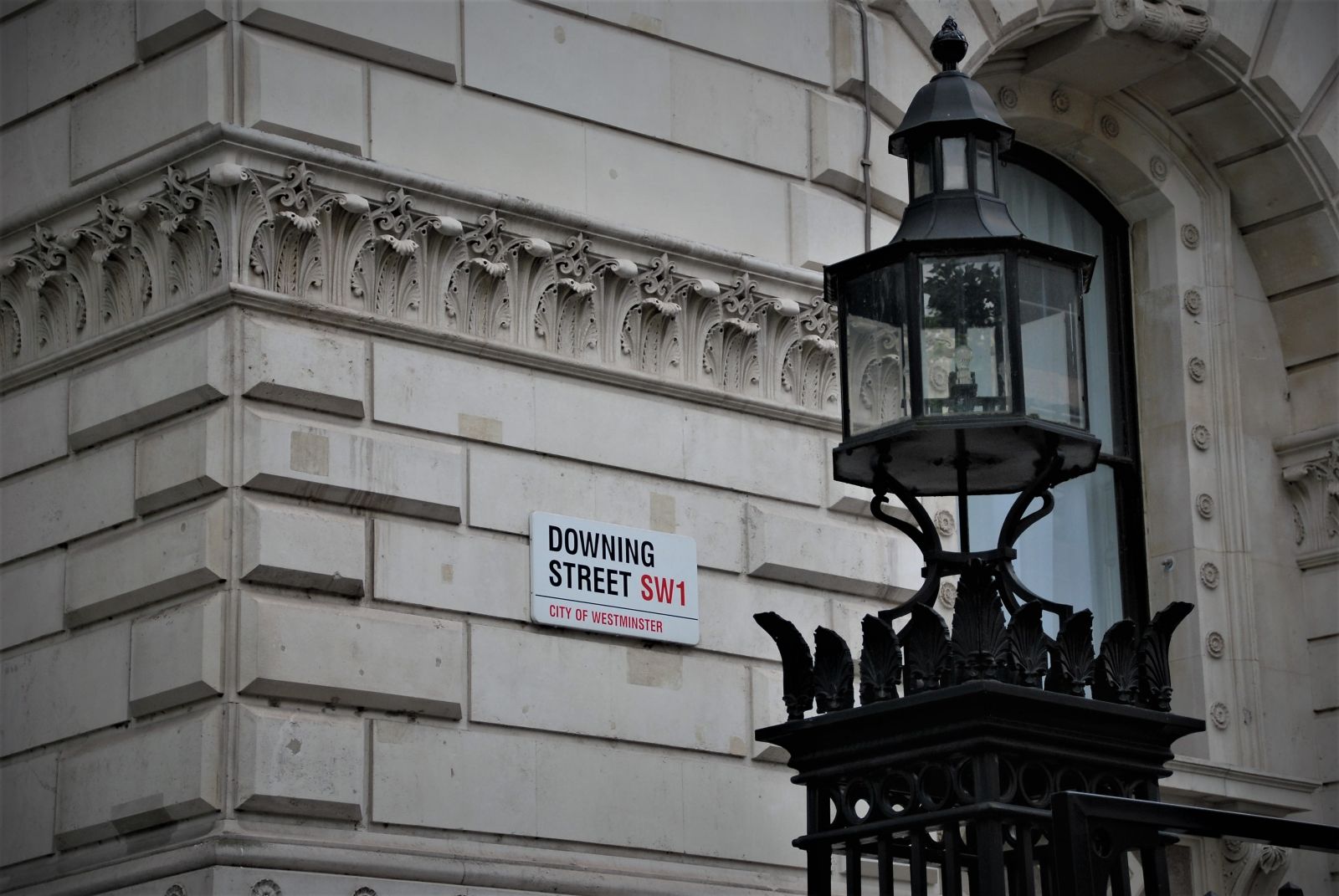Latest News
The latest updates on financial support for businesses, employees and the self-employed

On Wednesday, 3 March 2021, the UK Chancellor set out the UK government's latest plans and gave us a clearer look at how they plan to support businesses, employees, and self-employed financially throughout the coronavirus pandemic (1)
The key points discussed in the Budget were:
- A new 'Recovery Loan Scheme', which will replace the existing business loan schemes that will close at the end of March 2021.
- The extension of the 'Coronavirus Job Retention Scheme' until the end of September 2021.
- Further details on the fourth 'Self-Employed Income Support Scheme' grant, which will cover February to April 2021, and the confirmation of a fifth grant.
Please note the following information is intended to inform you about the financial support schemes that are currently available. To discuss if you or your business qualify, please get in touch with your local authorities.
To discuss how we can help you and receive financial advice you can rely on, get in touch.
Recovery Loan Scheme
The new Recovery Loan Scheme will grant businesses access to loans and other kinds of finance for up to £10 million per business and is set to launch on 6 April and remain open until 31 December.
For businesses wishing to apply, they need to be trading in the UK and be required to prove that they are viable and would continue to be so were it not for the pandemic. These businesses will also need valid proof they have been impacted by the coronavirus pandemic and are not in collective insolvency proceedings.
If businesses have previously received support under existing loan schemes, they will still be eligible to access finance if they meet all other eligibility criteria.
What you need to know:
- Loans will be available via a network of accredited lenders (names of these lenders will be made public by the government soon).
- The UK government guarantees 80% of the finance to the lender.
Finance and terms are:
- Per business, term loans and overdrafts will be available for £25,001 to £10 million.
- For invoice finance and asset finance will be available for between £1,000 to £10 million per business.
- Finance terms for term loans and asset finance facilities are up to six years.
- For overdrafts and invoice finance facilities, terms are up to three years.
- No personal guarantees will be taken on facilities up to £250,000. A borrower's principal private residence also can not be taken as security.
Extended Job Retention Scheme
The Job Retention Scheme was initially extended to last until the end of April 2021. However, the government has extended it again to now cover five more months, between May and September 2021.
Those eligible will continue to receive 80% of their salary for hours not worked (with a maximum of £2,500 a month) with no employer contributions beyond the typical National Insurance contributions (NICs) and pensions required for April to June.
However, from July 2021, there will be an employer contribution towards the cost of unworked hours:
- 10% employer contribution in July (up to £312.50)
- 20% employer contribution in August (up to £625)
- 20% employer contribution in September (up to £625)
Self-Employed Income Support Scheme: Fourth Grant
The fourth SEISS grant will be:
- Worth 80% of three months' average trading profits
- Paid in a single instalment
- Capped at a maximum amount of £7,500
- Cover the period February to April 2021
- Claimable from late April.
To be eligible, any self-employed individuals must meet the third grant's eligibility criteria and need to have filed a 2019-20 'Self-Assessment Tax Return', which will be assessed by the HMRC.
If not eligible through these criteria, the HMRC will look at previous tax years from 2016 to 2017. Applicants must also have traded in both 2019 to 2020 and 2020 to 2021 tax years.
Self-Employed Income Support Scheme: Fifth Grant
The fifth and final SEISS grant will:
- Cover May to September 2021
- Be claimable from late July
- Have a value determined by a turnover test
- For those whose turnover has fallen by 30% or more, the grant will continue to be worth 80% of three months' average trading profits with a cap of £7,500.
- For those whose turnover has fallen by less than 30%, the grant will be worth 30% and capped at £2,850.
The government will publish further details for this fifth grant in due course.
Business Rates Reliefs
Retail, hospitality and leisure properties (in England) will still be eligible for 100% business rates relief for the period 1 April 2021 to 30 June 2021.
However, from 1 July 2021 to 31 March 2022, this will change to 66%, with a cap of £2 million per business.
Statutory Sick Pay (SSP) Rebate Scheme
Small to medium-sized UK employers can continue to claim up to two weeks of SSP costs per employee.
VAT Deferral New Payment Scheme
For businesses that took advantage of the VAT deferral scheme that ran from 20 March to the end of June 2020, the VAT Deferral New Payment Scheme allows them to pay any deferred VAT in 11 (or fewer) equal payments starting from March 2021.
Universal Credit Increase
The announced changes to Universal credit were:
The temporary £20 per week increase has been extended for six months on top of the planned uprating.
The threshold of £2,500 for higher surplus earnings will be maintained for another year (until April 2022), at which point the threshold will revert to £300.
Support for Working Tax Credit Claimants
The government will be making a one-off payment of £500 to eligible Working Tax Credit claimants to provide extra support over the coming six months.
Extended Loss Carry Back for Businesses
To help otherwise-viable UK businesses, who have been forced into a loss-making position, the government has announced that:
- The trading loss carry-back rule will be extended from one to three years
- The trading loss carry-back rule will be available for both incorporated and unincorporated businesses
- Unincorporated businesses, and those who are not current members of a corporate group, can be granted relief for up to £2 million of losses in 2020-21 and 2021-22.
- Companies that are current members of a corporate group can obtain relief for
- up to £200,000 of losses for both 2020-21 and 2021-22 (without any group limitations)
- up to £2 million (with a cap of £2 million for the entire group).
Back to All News


